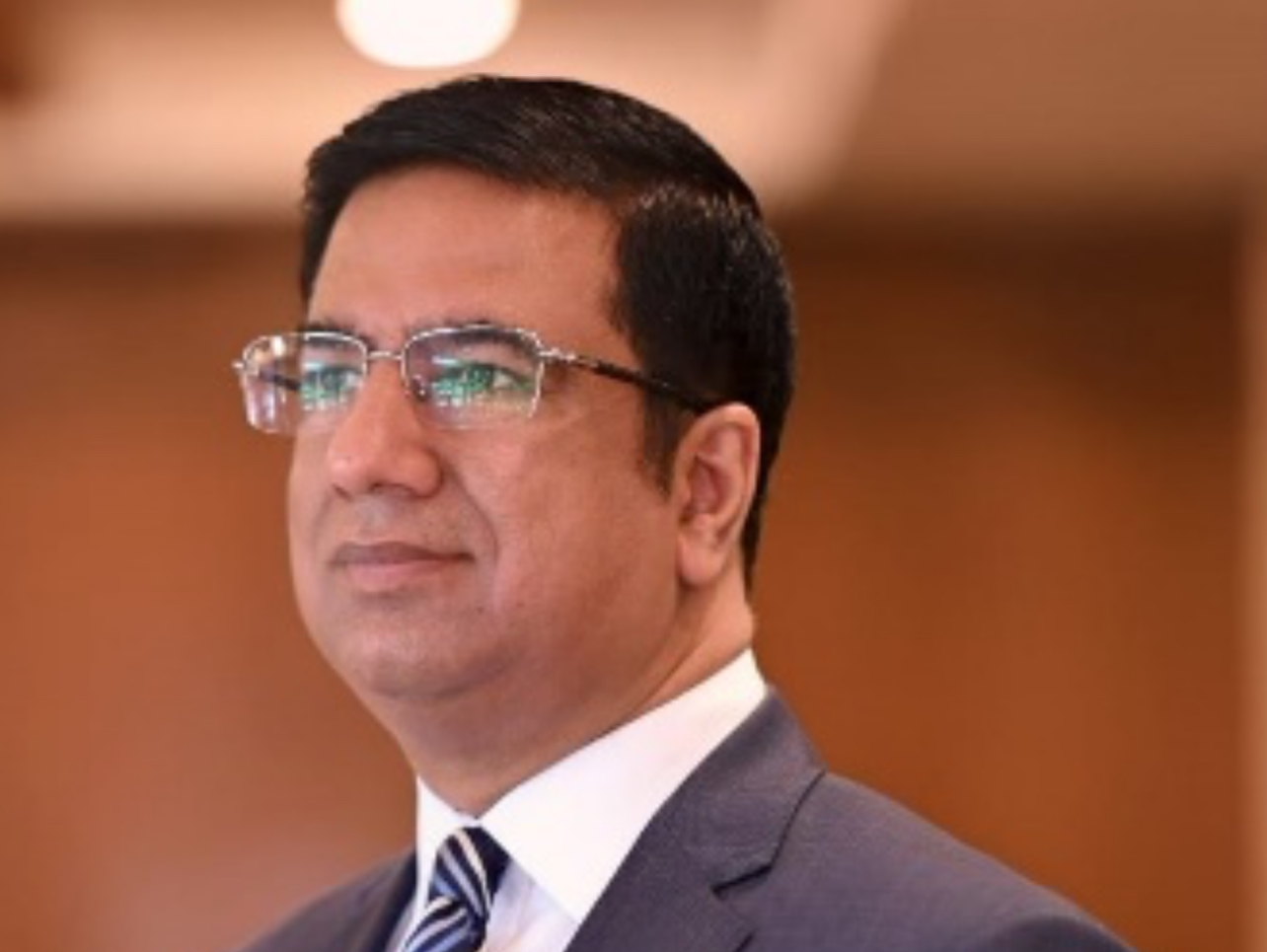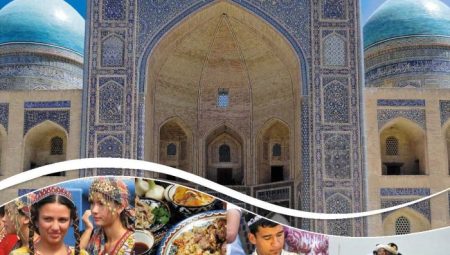The Belt and Road Initiative (BRI) represents China’s commitment to fostering global diplomacy through broadening cooperation in economy and trade, education, technology, tourism, and people-to-people and cultural exchanges. China’s approach is based on the principle that no culture is superior to another, and it aims to coexist with other civilizations, never any attempts to dominate or impose its own culture.
China’s major-country diplomacy with Chinese characteristics is defined by four major aspects: Head-of-state diplomacy, relations with other major countries, solidarity with developing nations, and addressing global challenges. China has shown a strong sense of responsibility in addressing global challenges, from climate change to other non-traditional security. It has actively engaged in diplomacy to seek peaceful resolutions and has opened its arms to collaborative mechanisms for the greater good.
Looking ahead, China remains committed to building an open, inclusive, and peaceful world. It aims to create a community with a shared future, promoting solidarity, peace, and development in a world.
The success of China’s cooperation with all countries is rooted in mutual respect, good-neighborly friendship, solidarity in challenging times, and mutual benefit. China’s modernization drive, high-quality development, and high-standard opening up are expected to contribute to global economic recovery and sustainable development.
Building Community with shared future
Over the past decade, China has contributed its strength to building a global community of shared futures with firm conviction and solid actions, such as promoting high-quality Belt and Road cooperation, implementing the Global Development Initiative, the Global Security Initiative, and the Global Civilization Initiative, and proposing a range of regional and bilateral initiatives on building communities of shared futures.
China’s vision of building a community with a shared future for mankind respects the diversity of a world comprised of different civilizations. Cultural exchange is a crucial aspect of China’s diplomacy. Fostering a “common culture” among participating countries helps promote cultural prosperity and mutual recognition of each other’s national development strategies. It reflects a broader trend in international cooperation, one shaped by China’s unique approach and influenced by socialism with Chinese characteristics that promotes pluralism, diversity, and dignity among nations. It seeks to avoid imposing ideologies or values on others, fostering unity in diversity.
A variety of multicultural exchanges between countries along the road will help promote cultural prosperity along “the Belt and Road”, enhance mutual understanding and understanding of core values, cultural traditions, and other aspects, and enhance the recognition of each other’s national development strategies. Therefore, the joint establishment of “common culture” has been an excellent culture of the Chinese nation for five thousand years, promotes inclusiveness, and continues to draw on the rich nutrition of heterogeneous cultures in the long history of mankind.
China’s proposal for the global community
China released the white paper titled “A Global Community of Shared Future: China’s Proposals and Actions” to comprehensively summarize China’s efforts in building a global community of shared futures, which serves as a testament to the nation’s unwavering commitment to this ambitious goal.
The white paper also pointed out the direction and plan to build a global community of shared future including pressing ahead with a new type of economic globalization in which countries need to pursue a policy of openness and explicitly oppose protectionism, the erection of fences and barriers, unilateral sanctions, and maximum-pressure tactics, so as to connect economies and jointly build an open world economy.
China actively supports other developing countries, enhancing their growth potential through international cooperation and exchanges. The concept of a shared future calls for all nations to engage in open dialogue, share governance responsibilities, build consensus, and take coordinated actions to address global issues. This approach fosters confidence and momentum in humanity’s journey towards a brighter future.
More countries and people have come to the understanding that this vision serves the common interests of humanity, represents popular calls for peace, justice and progress, and can create the greatest synergy among all nations for building a better world, the white paper said.
Belt and Road Initiative (BRI)
By August 2023, 155 countries which make 75% of the world’s population and over 30 international organizations had signed agreements on Belt and Road cooperation with China. Together, participants in the Belt and Road Initiative (BRI) have jointly advanced infrastructure connectivity, trade connectivity, and people-to-people connectivity.
China’s trade with countries part of its Belt & Road Initiative countries has increased to ¥6.89 trillion (US$964 billion) in the first half of 2023, an increase of 9.8% year-on-year, according to Ministry of Commerce (MOFCOM). BRI countries trade with China now accounts for 34.3% of China’s total import and export value, an increase of 2.4 percentage points year-on-year.
In the first half of 2023, the central and western regions’ imports and exports to countries along the “Belt and Road” increased by 23.2%, accounting for 21.2% of the total import and export value between China and countries along the route during the same period, an increase of 2.3 percentage points year-on-year.
By the end of 2022, Chinese enterprises’ investment in the cooperating countries has created 421,000 local jobs, with more than 3,000 projects being implemented, realizing development dreams for people in many countries.
As the world faces emerging challenges, the BRI is a key platform and pathway for building a community with a shared future for humanity and provides Chinese wisdom for the world to achieve lasting peace and prosperity. The Belt and Road Initiative has become a global initiative covering various fields like infrastructure, culture, finance, education, and politics. It has strengthened China’s diplomatic and economic ties with numerous partner nations.
China aims to achieve mutual progress, shared prosperity, and win-win cooperation, along with fostering technological advancement and socioeconomic development in partner nations. It has also been instrumental in promoting true multilateralism and just global governance. Due to the low and long return nature of infrastructure projects, many developing countries were left alone and helpless for many years. Bad roads, airports, and seaports impeded economic development. The BRI fills this big hole for many developing countries and provides a solid precondition for their economic takeoff. The BRI is a good example of taking steps through international economic cooperation to achieve progressively the full realization of economic, social, and cultural rights.
The BRI has brought tangible benefits to participating countries by improving infrastructure, creating job opportunities, and reducing poverty. It has played a constructive role in improving the global economic landscape and developmental progress.
Western Propaganda against China
The western ideology propagates China’s diplomacy, and the BRI project is expanded with China’s sole strategy to have influence over the governments of other countries and create a global footprint.
We all must make an effort to counter Western propaganda. China remains dedicated to expanding its role in international cooperation, forging new avenues for global economic growth, and cultivating a platform for a stronger global community. As the BRI evolves, it continues to shape global economic cooperation, promising mutual benefits for participating nations while adhering to its principles of openness and inclusivity.
BRI is representative of a new era of Chinese economic diplomacy and promotes a network of Free Trade Areas (FTAs) and other forms of economic cooperation among its member nations, which will serve to increase regional cooperation.
China’s promotion of exchanges and mutual learning among civilizations represents a unique and pragmatic approach to international cooperation. It envisions a world where diversity is celebrated, where nations determine their destinies, and where shared aspirations unite humanity. As the world continues to evolve and face global challenges, China’s cultural confidence and global initiatives offer a compelling path towards a shared future for all.
Mr. Khalid Taimur Akram, Executive Director, Pakistan Research Center for a Community with Shared Future (PRCCSF), Islamabad





